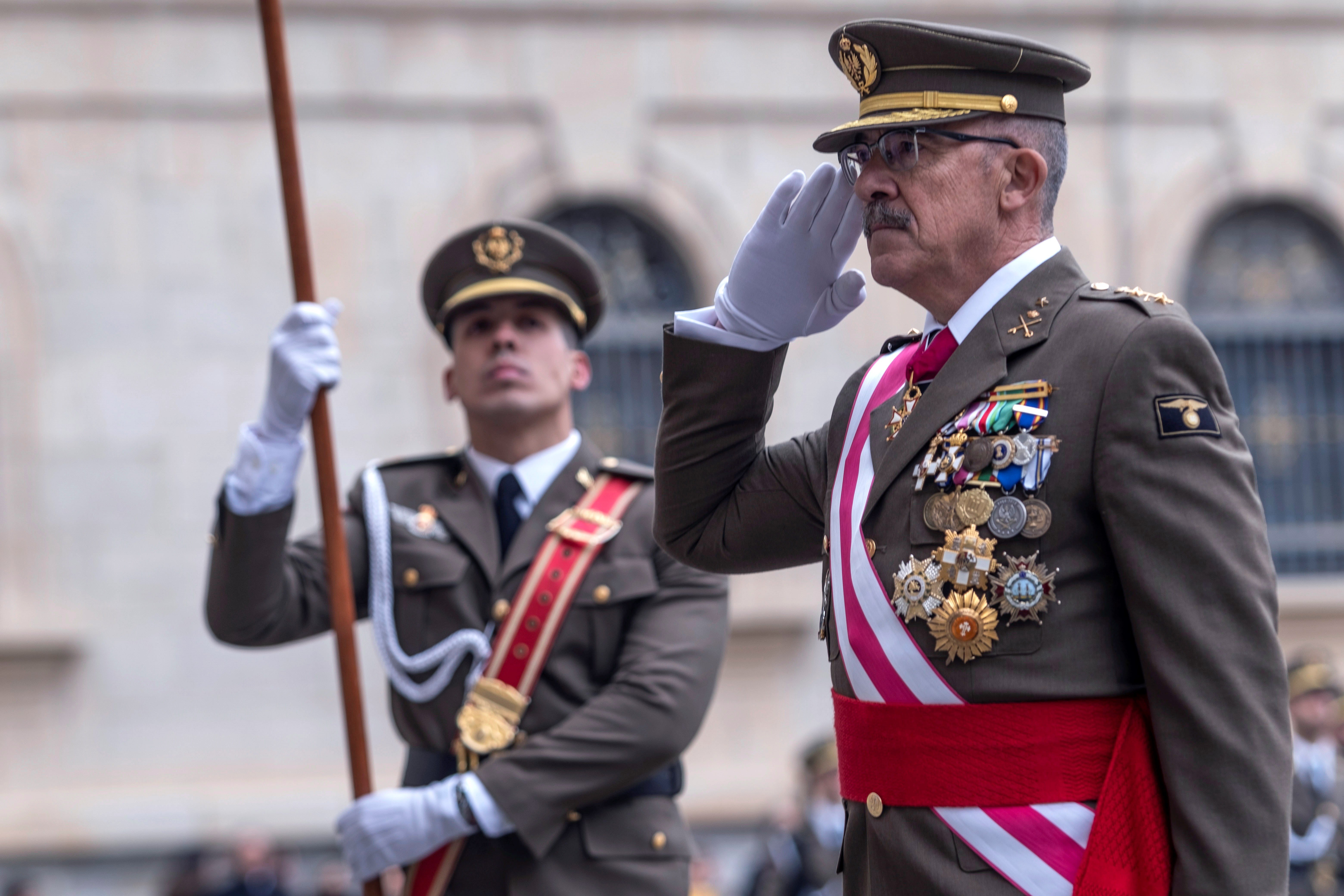Spain's former chief of defence staff, general Fernando Alejandre, has stated that during the autumn of 2017, when Catalonia's referendum and unilateral declaration of independence took place, he had a plan for "all possible alternatives with regard to the independence movement" in Catalonia. The military leader who was the head of the Spanish armed forces, told the newspaper ABC in an interview that he "kept, in an envelope, the activation order for a plan that was never implemented", given that Catalonia's declaration of independence, as he put it, "lasted just under twelve seconds." The general has revealed that this plan "was much earlier than the implementation of article 155", under which the Spanish government took over direct rule, and that his military plan was another alternative for dealing with the independence movement.
Alejandre explained that this "plan" consisted of supporting Spanish police and security forces and consisted of "very varied actions", as well as logistical support for the protection of "sensitive points or facilities". In fact, he stated that the plan was the same as the one used in Madrid for the train bombings of 11th March, 2003, which gave protection to rail lines and train stations. "On that basis we planned a scalable operation that could be adjusted at any time, depending on how the situation evolved," he explained.
He also said that the Spanish armed forces "had fairly reliable information on the situation", including on pro-independence activist groups such as the CDR, and the situation of the Catalan Mossos d'Esquadra police, whose loyalty to Spain was questioned by some unionists at the time. With regard to the Mossos, he asserts that "since the chains of command were tremendously politicized, they could not act." The general explained that from the defence ministry led by the then-minister María Dolores Cospedal there was "concern in case there was the slightest leak" of the planned actions: "She agreed that we had to be prepared." "She requested that, in order to keep the circle even more closed, I should write a draft of this directive myself," he said of the plan to fight the independence movement. "I kept this letter with me until the decision by the Spanish houses of parliaments to apply article 155 of the Constitution, but it was not necessary to show it," he said.
"When a war is on, he defends a military operation"
Catalan president in exile, Carles Puigdemont, who led Catalonia to the 2017 referendum, made a reply to general Alejandre's declarations. A statement, he said, that has made "when there is a war on" against Ukraine, a country which "is defending its right to self-determination." Puigdemont called the former head of defence staff "another aspirant to be a criminal in the name of the fatherland" and lamented that it had come to light in the midst of war in Ukraine that the Spanish state had also been preparing a military operation to fight the Catalan independence movement.

More police on trial for referendum violence
Meanwhile, the judge of Court 7 in Barcelona has added eleven further Spanish police officers to the investigation over assaults on voters at Barcelona polling stations during the self-determination referendum on October 1st, 2017. In January, the human rights group Iridia and the pro-independence groups Omnium and ANC, who are pursuing private prosecutions in the case, demanded 37 additional charges after providing a comprehensive report with images, in which they claim that 468 disproportionate police actions had been identified in 16 schools in Barcelona, involving about 50 police officers. The judge has agreed to include eleven of the 37 new charges in the investigation, including cases where officers can be seen punching the heads of voters, while ruling out cases where officers drag or push members of the public, considering that such actions were "not disproportionate" in terms of compliance with the Catalan High Court order telling police to act to prevent the vote but "not to disturb social harmony" in the means they used to stop it.

